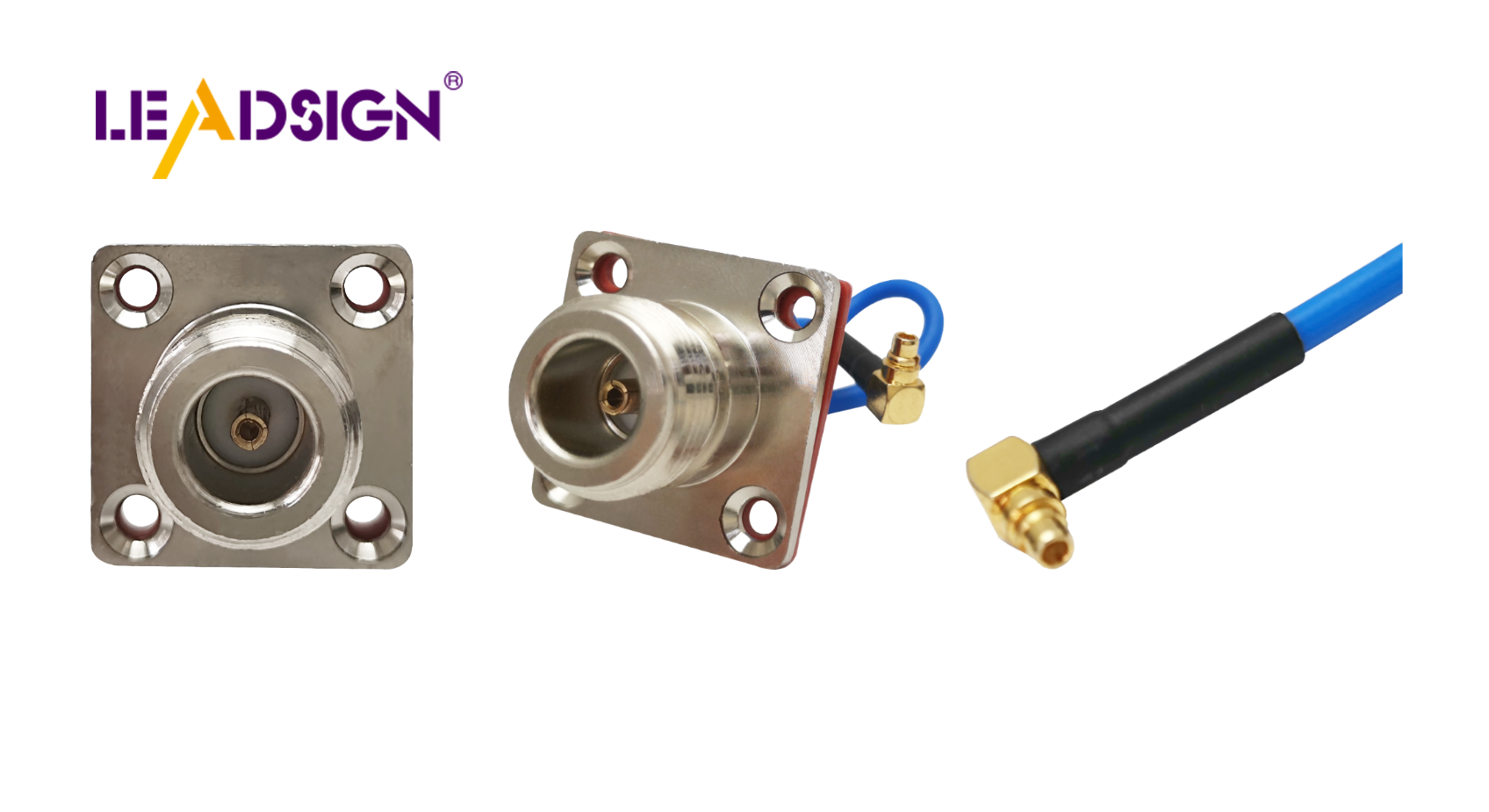Understanding MMCX Connector Specifications and Applications

MMCX connectors were made in the 1990s. They are one of the tiniest RF coaxial connectors today. These connectors are 45% smaller than SMB ones. This makes them great for tight spaces. Their small size and low cost make them popular in wires. MMCX connectors work with cables, PCBs, and SMT. They can handle frequencies up to 6 GHz. They are important for today's tech, giving good connections in many devices.
Overview of MMCX Connectors
What is an MMCX Connector?
An MMCX connector is very small. It helps connect things in tight spaces. It's tinier than most connectors, perfect for small gadgets. It can work with signals up to 6 GHz, fitting many new uses.
Key Features
MMCX connectors have important traits:
Size and Flexibility: They are tiny and light, easy to use in portable gadgets.
Durability: These last through 500 plug-ins, so they work well for a long time.
Rotation Capability: They can turn all around, making setup easier.
Impedance: Usually, they have 50 ohms resistance, common for RF tasks.
History
Development and Change
The MMCX connector started in the 1990s. Engineers made it to fit new tech needs. It became one of the smallest connectors by focusing on high performance in small spots.
Industry Use
Many industries liked the MMCX connector because it's handy and works well. Electronics, phones, and cars found it useful. It handles high signals and fits in small places, so it's chosen a lot. As tech grew, more people wanted MMCX connectors in their devices.
Technical Details of MMCX Connectors
How They're Made
Materials Used
MMCX connectors are made from strong materials. They use brass and beryllium copper. Brass is tough and doesn't rust easily. Beryllium copper is good at carrying electricity and bends well. The outside is often covered in gold or nickel to protect it.
Size of Connectors
MMCX connectors are very small, which helps in tight spaces. The plug and jack are about 2.4 mm wide. When connected, they stand about 5.2 mm tall. This size fits well in tiny gadgets without losing quality.
How They Work
Frequency Range
These connectors work with many frequencies, from DC up to 6 GHz. This makes them useful for things like wireless communication and GPS systems.
Impedance and Signal Reflection
MMCX connectors usually have a resistance of 50 ohms, common for RF uses. This helps signals move smoothly with less bouncing back. Low signal reflection keeps connections clear and strong.
Uses of MMCX Connectors
MMCX connectors are important in many fields. They are small and work well. This makes them good for lots of things, like gadgets and phones.
Gadgets
Phones and Tablets
In phones, MMCX connectors help parts connect. They fit antennas inside phones and tablets easily. Their tiny size helps make slim gadgets without losing power. They can handle fast data up to 6 GHz, which is needed for modern phone use.
Wearable Tech
Wearables like fitness bands need small, strong connectors. MMCX connectors are perfect because they last long and bend easily. They keep wearables comfy and easy to use every day.
Phone Networks
Network Tools
Phone networks use MMCX connectors a lot. They help link routers and switches well. With 50 ohms resistance, signals stay clear with little loss, keeping calls good.
Space Signals
Space talks need precise high-frequency links. MMCX connectors work from DC to 6 GHz, making them great here. They keep satellite signals steady even in tough space conditions.
Other Fields
Health Machines
In hospitals, machines like ECGs need safe connections. MMCX connectors give this safety while staying small for portable tools.
Car Systems
Cars use these in GPS and music systems. They fit antennas well and handle bumps and heat in cars nicely.
MMCX connectors are important in today's tech. They are small and work well, perfect for many uses. You find them in gadgets, phones, and health tools. They handle signals up to 6 GHz, keeping connections strong. As tech grows, MMCX connectors might get better. They could last longer and become even tinier. Many industries will keep using them for good connections.
See Also
Enhancing Automotive Efficiency with HFM Connectors
Fundamentals of HSD Connectors in Automotive Sector
Benefits of HFM Connectors in Automotive Sector

